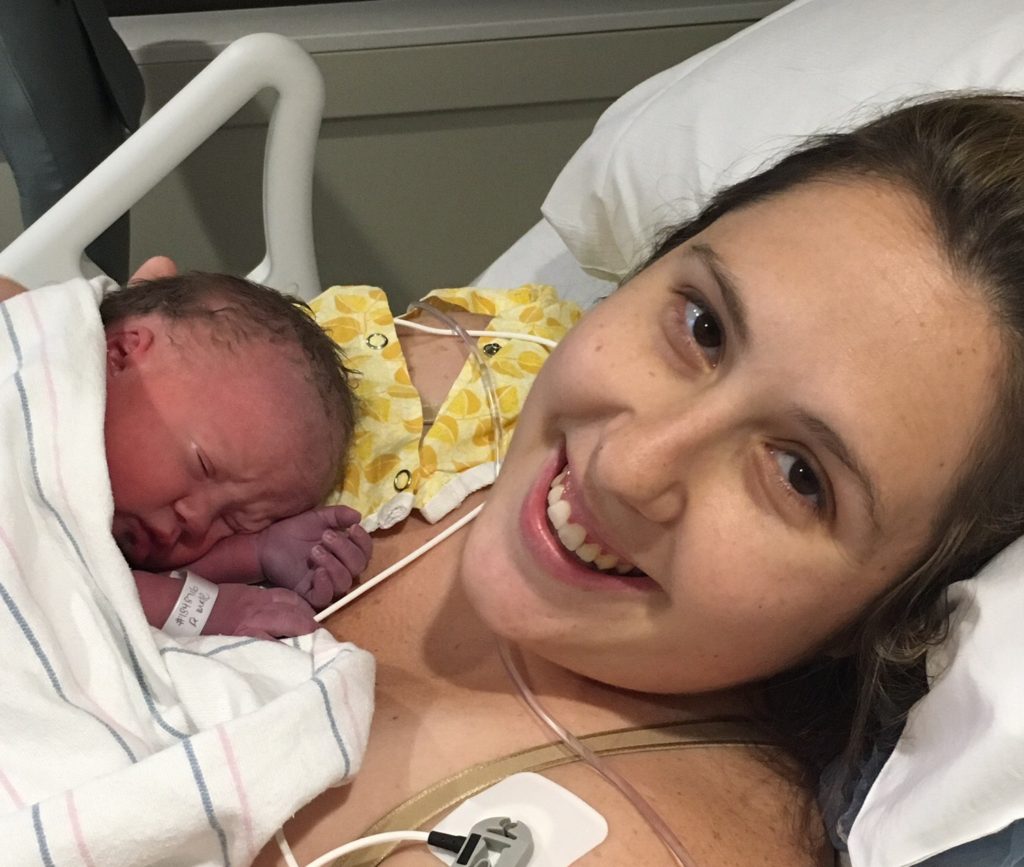
Everyone’s birth story is individual and unique. Rarely do we have the perfect scenario where mom pushes three times, baby pops out, cries, is swaddled and placed in mom’s arms where she begins nursing and bonding immediately…
More likely mom is somewhat “drugged” and fuzzy, baby requires some extra care or cleaning up and no-one knows how to nurse or bond immediately!
Rest assured, ample research has disproven the notion that baby needs to be with mom immediately after birth for a healthy life-long bond to occur. * Mom, you can have some rest! If your baby needs a little time in the NICU or with the nursing staff, it’s ok.
The process of bonding usually starts during pregnancy and continues a long time after birth. Complicating factors such as prematurity, a NICU stay, and mom’s health after giving birth can contribute to the beauty of the bond. Don’t forget, you and your baby have just been through A LOT and it can take a little while to recover physically and emotionally, so don’t be too hard on yourself if the warm fuzzies and overflowing love and attachment don’t come immediately. Give it time.
Some ways to help form that attachment:
- Respond to your baby’s cues. When she cries, pick her up. When she looks at you, talk to her.
- Hold your baby while she is sleeping.
- Make eye contact and talk to your baby.
- Read books to him.
- Sing to her.
- Massage her feet.
- Gently rub his head.
- Carry her in a body carrier or sling so she is close to you throughout the day.
- Give him a sponge bath.
- Tickle her toes.
If after two or three weeks you are still not feeling that connections and falling in love with your little bundle, talk to your OBGYN. Sometimes postpartum depression affects how you feel about your baby and should be addressed.
Bonding and caring for your baby early-on establishes the foundation for your baby’s mental health and emotional well-being as they grow up. The parent-baby relationship is important in building your baby’s self-esteem and overall self-confidence.
- References:
- Hall, R.A.S., Hoffenkamp, H.N., Tooten, A. et al. J Child Fam Stud (2015) 24: 1715. https://doi-org.proxy1.lib.tju.edu/10.1007/s10826-014-9975-7

